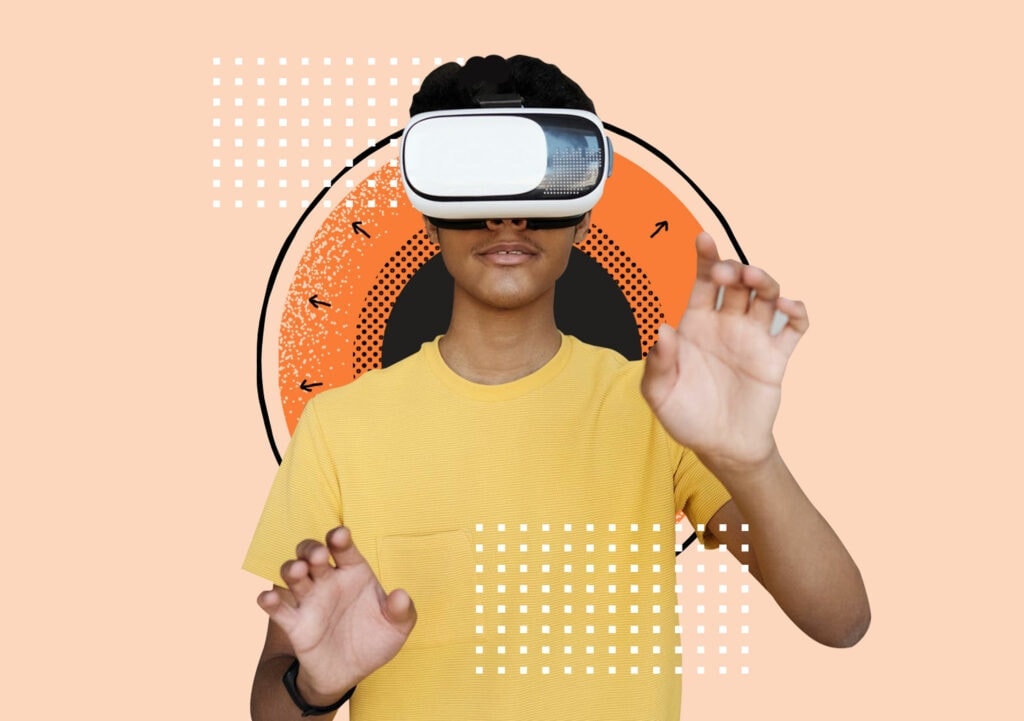The goal of digital HR is to “infiltrate digital thinking everywhere and get people to do digital things in HR, digital things in products, digital things in services and in operations.”
It's about more than just the latest tools; it’s about increasing integration and alignment of HR with other business units to enrich the employee experience, increase productivity, and improve talent management capabilities. “Digital HR should…align culture, talent, structure, and processes to balance efficiency and innovation, as well as to sustain a measurable impact on the greater organization as it continuously transforms,” noted Jeff Mike, from Bersin by Deloitte.
The process of change
A streamlined, integrated digital experience—one designed around teams, productivity, and empowerment—is the goal. By designing HR processes and technology architecture around teams, real-time feedback, and apps that streamline communication and collaboration, high-performing companies are ramping up innovation and agility to drive growth and boost the bottom line.
Business processes cannot exist in a vacuum and must transform in alignment with the digitization of people management. By simplifying inefficient legacy HR processes using digital tools at their disposal, HR leaders can cultivate a better employee experience that honours team members’ desire for flexibility, transparency, real-time flow of information, and ‘anytime-anywhere’ access.
HRIS and beyond
In a 2016 survey of 500 HR executives in 19 countries, 43% indicated that they intended to purchase a new HRIS within the next three years and 45% had implemented a new HRIS within the last five years. For 66% of the surveyed HR executives, the predominant driver for implementing a new HRIS was the desire for a single system of record for all HR data globally. Fifty-four percent were seeking an integrated HR data system to perform workforce analytics while more than half (52%) needed to standardize their HR data across multiple geographies and/or business units. Indeed, it’s a data-driven world and the shift to a digital HR infrastructure affords the C-suite, other business units, and employees access to real-time, meaningful information at their fingertips.
As companies redesign their HR programs to align with digital business models, numerous apps and tools are at their disposal. As Forbes contributor Josh Bersin noted, people managers can choose to implement cloud-based systems for payroll, performance and talent management, online learning, employee engagement, wellness, and employee communications, including:
- next-generation performance management goal-setting tools;
- employee recognition and sharing tools;
- online tools for employee feedback, pulse surveys, and real-time anonymous feedback;
- tools to help manage wellness, mindfulness, physical activity;
- apps for integrated team management, goals, document and communications sharing;
- tools for onboarding, knowledge sharing, video learning, content curation;
- new video learning platforms filled with expert content and tools for video creation and sharing;
- analytics tools to understand candidate quality, retention models, and other trends in talent management;
- mobile apps for time and attendance management, video recruiting, employee check-in and location management; and
- all-in-one platforms that deliver multiple digital HR tools in one place.
The future is now
HR organizations are rapidly shifting to a digital ecosystem. Deloitte’s 2017 survey of HR leaders reported that 56% of companies were redesigning their HR programs to leverage digital and mobile tools, while 51% were in the process of redesigning their organizations for digital business models. In fact, 33% of surveyed HR teams were using some form of AI to deliver HR solutions and 41% were actively building mobile apps to deliver HR services. Indeed, the people management paradigm is reinventing itself in a digital image.
How is your organization embracing the shift to digital HR?
Get more insight into how digital innovations are redefining the world of HR in our latest ebook: The future of people management in the digital age, part 2.



